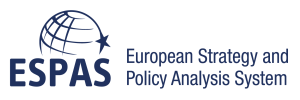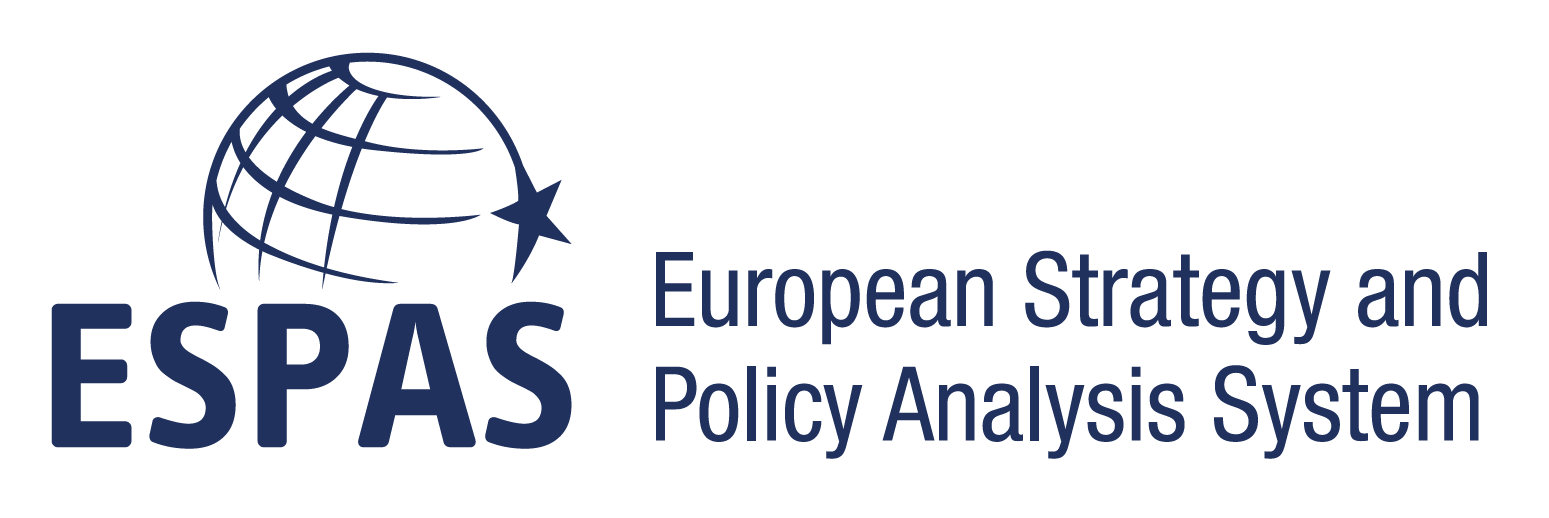Written by Eamonn Noonan,

Global Trends to 2030: Society and Governance was the theme of the latest conference arranged under the auspices of ESPAS, an inter-institutional initiative to develop the EU’s capacity for strategic foresight. A day of lively debate on how the world around us is changing took place on 17 November in the reading room of the EPRS Library. Highlights included contributions by Mary Kaldor, of the London School of Economics, Benjamin Barber, author of ‘If Mayors ruled the world’, and Joseph Weiler, former president of the European University Institute.Videos of the day are now online.
Parliament Vice President Valcarcel opened the proceedings, and emphasised that the aim of the exercise must be to help the EU to better deliver for its citizens in a time of difficult economic conditions. He commended the EPSAS report and the recently published EPRS Global Trendometer.
Think tanks
A panel on the future of think tanks acknowledged the importance to policy-makers of objective, independent analysis. The capacity to think long term must be safeguarded, at a time when short term news cycles often dominate political discourse.
Evidence-based research
In his keynote address, Professor Weiler pondered the definition of the term ‘evidence-based’, and challenged simplistic approaches to evidence. Dispassionate analysis of quantitative data on its own is not enough to provide guidance for policy, he argued. Awareness of history, context and emotions is also needed.
Democracy
Chairing a panel on democracy, Vice President Mairead McGuinness opened a discussion which covered the impact of social media on how people relate to politics, the case for a citizens’ assembly, and the need for changes to restore confidence in the EU.
Inequality
A panel on inequality heard Professor Kaldor urge the EU to act as a model of global governance and to protect citizens from the storms of globalisation. She argued for EU taxes on ‘global bads’ – financial speculation, tax avoidance by multinationals, carbon – to fund large scale infrastructure projects. The panel also debated strategies to counter the loss of jobs due to technological change. Inequality is also an outcome of a skills gap, and a recalibration of the education system is needed to redress this.
Cities
The panel on cities was chaired by Karl-Heinz Lambertz, First Vice-President of the European Committee of the Regions, and referenced the recently adopted urban agenda for the EU. For Benjamin Barber, the essence of cities is multiculturalism, diversity, trade, openness, invention and innovation. This contrasts with the promotion of mono-cultural identities by nation states. His radical proposal was that, to retrieve its identity, Europe should reorient governance around cities. Eric Swyngedouw, of Manchester University, criticised the distance of decision-makers from the people, and the inadequacy of techno-managerial approaches to tackle huge social problems.
Foresight
Fittingly, the last panel addressed the future of foresight. Marius Oosthuizen, University of Pretoria, recounted the positive influence of the Mont Fleur scenario exercise in the transformation of South Africa after apartheid. The collaborative development of four scenarios – Ostrich, Lame Duck, Icarus, Flight of the Flamingos – helped concentrate minds on what needed to be done. Angela Wilkinson, formerly Special Advisor at the OECD, stressed that foresight was about identifying, testing and challenging assumptions.
In his closing remarks, Parliament’s Secretary General, Klaus Welle, stated his belief that ‘an open, tolerant, diverse and future-focused continent is still the most attractive vision for the future.’ Representatives of the other bodies involved in ESPAS, the European Strategy and Policy Analysis System, endorsed this view, and expressed their appreciation of the high level of contributions to the conference.








Be the first to write a comment.